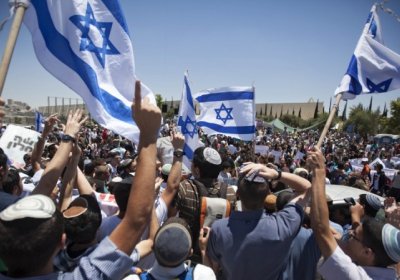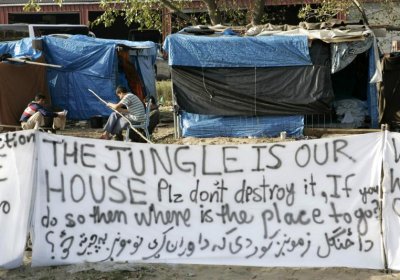An ISIS attack on May 2 near the Rajim Salibi border crossing between Iraq and Syria left 37 refugees dead and at least 20 injured. Victims were as young as three months. “The attack was repelled [by] the intervention by Syrian Democratic Forces [SDF] fighters,” Firat News Agency reported.
Most of the refugees were fleeing the Iraqi city of Mosul, which for months has been the scene of heavy fighting as Western, Russian, Iranian, Iraqi government forces and allied militias try to retake the city from ISIS.











